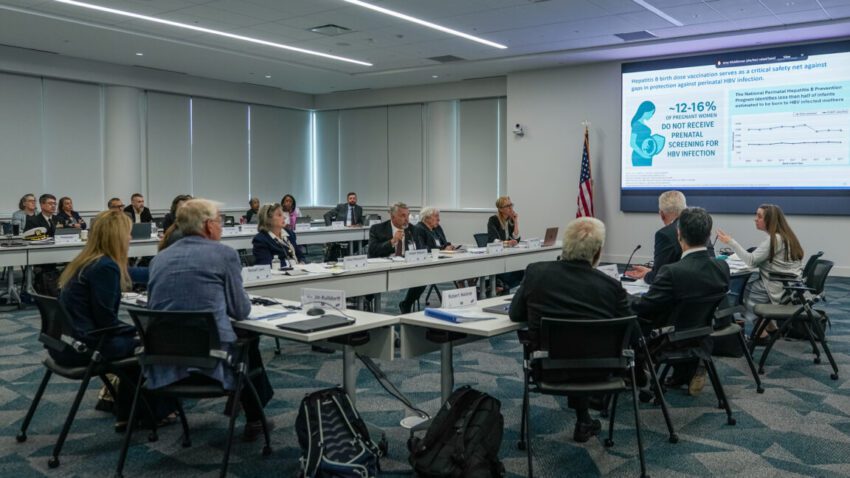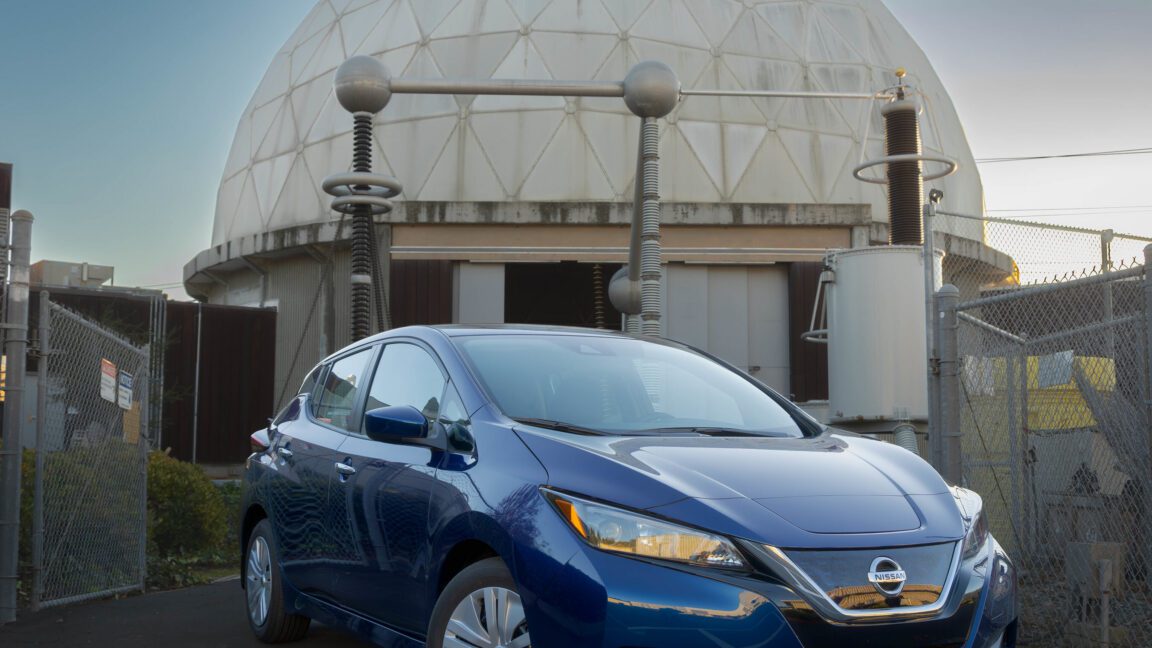
as shutdown ends dubious cdc panel gets With the government reopening, the dubious panel of vaccine advisors selected by anti-vaccine Health Secretary Robert F. Kennedy is wasting no time getting back to dismantling the federal childhood vaccine schedule.
as shutdown ends dubious cdc panel gets
Background on the Advisory Committee on Immunization Practices
The Advisory Committee on Immunization Practices (ACIP) plays a critical role in shaping vaccination policies in the United States. Established in 1964, this committee advises the Centers for Disease Control and Prevention (CDC) on the use of vaccines in the civilian population. Its recommendations influence the immunization schedules for children and adults, ensuring that vaccines are safe, effective, and accessible.
ACIP is typically composed of leading experts in immunology, epidemiology, and public health. Members are selected based on their qualifications and experience in vaccine research and public health initiatives. This rigorous vetting process is designed to ensure that the committee’s recommendations are based on sound scientific evidence and best practices in immunization.
Recent Developments Following the Government Shutdown
After a prolonged government shutdown, the ACIP is set to reconvene for a meeting originally scheduled for October. This meeting has been rescheduled for December 4 and 5, 2025. According to a notice published in the Federal Register, the agenda will include discussions on vaccine safety, the childhood and adolescent immunization schedule, and specifically, hepatitis B vaccines.
The announcement, however, provided limited details about the discussions and did not elaborate on the specific topics that would be covered. Notably, it indicated that there would be a vote on hepatitis B vaccines, a critical component of the childhood immunization schedule.
Controversial Changes to ACIP Membership
The current composition of ACIP has raised significant concerns among public health experts and advocates for vaccination. In June 2025, Health Secretary Robert F. Kennedy dismissed all 17 members of the committee and appointed 12 new members. This move has been widely criticized for undermining the integrity and credibility of the committee.
Many of the newly appointed members have questionable qualifications and are known to espouse anti-vaccine views. This shift in membership has led to fears that the committee will prioritize ideological beliefs over scientific evidence in its recommendations. Critics argue that this could have serious implications for public health, particularly in the context of childhood vaccinations.
The Implications of a Shift in Vaccine Policy
The potential dismantling of the federal childhood vaccine schedule poses significant risks to public health. Vaccines are a cornerstone of preventive medicine, protecting children from serious diseases such as measles, mumps, rubella, and hepatitis B. A reduction in vaccination rates could lead to outbreaks of these diseases, which have been largely controlled through widespread immunization efforts.
Public health experts warn that any changes to the vaccine schedule could erode the progress made in controlling vaccine-preventable diseases. For example, the resurgence of measles in recent years has been linked to declining vaccination rates, driven in part by misinformation about vaccine safety. If ACIP adopts a more lenient stance on vaccinations, it could exacerbate this trend, putting vulnerable populations at risk.
Stakeholder Reactions
The response to the changes in ACIP has been swift and vocal. Public health organizations, pediatricians, and vaccine advocates have expressed deep concern about the new direction of the committee. Many argue that the new members lack the expertise necessary to make informed decisions about vaccine policy.
Dr. Anthony Fauci, a prominent immunologist and former director of the National Institute of Allergy and Infectious Diseases, stated, “The integrity of the ACIP is paramount for public trust in vaccines. The recent changes threaten to undermine that trust and could have dire consequences for public health.” His comments reflect a broader sentiment among health professionals who fear that the new composition of ACIP could lead to a decline in vaccination rates.
Public Sentiment and Misinformation
The rise of anti-vaccine sentiment has been fueled by misinformation spread through social media and other platforms. This has created a climate of fear and skepticism around vaccines, leading some parents to question the necessity and safety of immunizations for their children. The changes to ACIP may further embolden these sentiments, as the new members may promote narratives that align with anti-vaccine ideologies.
In a recent survey conducted by the Pew Research Center, it was found that nearly 25% of parents expressed concerns about vaccine safety, a significant increase from previous years. This growing skepticism is troubling for public health officials who rely on high vaccination rates to maintain herd immunity and protect those who cannot be vaccinated for medical reasons.
The Role of the CDC in Vaccine Policy
The CDC has long been a trusted source of information regarding vaccines and public health. Its guidelines and recommendations are based on extensive research and collaboration with experts in the field. However, the recent changes to ACIP have raised questions about the CDC’s ability to maintain its commitment to evidence-based policy-making.
As the CDC navigates this new landscape, it faces the challenge of restoring public trust in its recommendations. Transparency in the decision-making process and a commitment to scientific rigor will be essential in addressing concerns about the new ACIP members and their potential influence on vaccine policy.
Looking Ahead: The Future of Vaccination in the U.S.
The upcoming ACIP meeting in December will be closely watched by public health advocates and concerned citizens alike. The outcomes of this meeting could set the tone for vaccine policy in the United States for years to come. If the committee votes to alter the childhood vaccine schedule or question the safety of established vaccines, the repercussions could be felt across the nation.
Public health experts are urging the CDC to reaffirm its commitment to science-based vaccination policies and to prioritize the health and safety of children. The stakes are high, as a decline in vaccination rates could lead to a resurgence of preventable diseases, putting the most vulnerable populations at risk.
Conclusion
The reopening of the government has allowed the ACIP to resume its work, but the changes in its membership raise significant concerns about the future of vaccination policy in the United States. As discussions on vaccine safety and the childhood immunization schedule take center stage, the implications of these changes will be felt by families, healthcare providers, and public health officials alike. The upcoming meeting will be a critical moment for the committee, as it navigates the complex landscape of vaccine policy in an era marked by skepticism and misinformation.
Source: Original report
Was this helpful?
Last Modified: November 15, 2025 at 3:36 am
6 views















